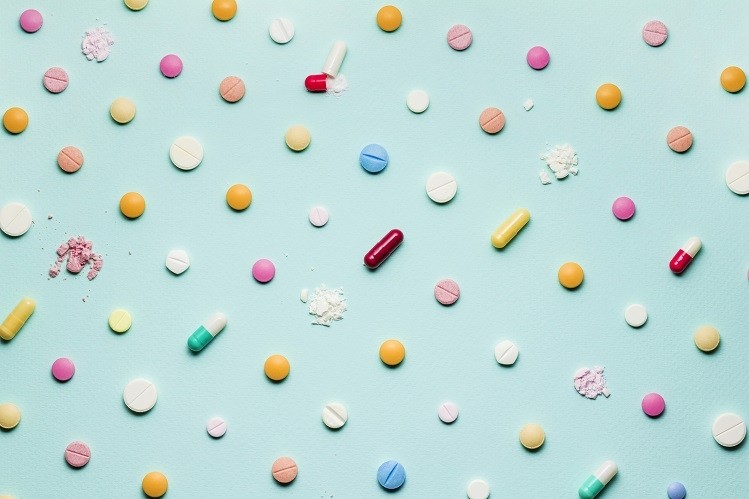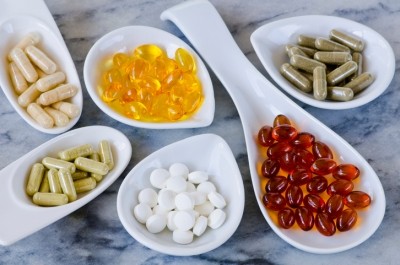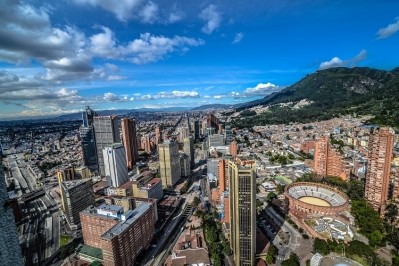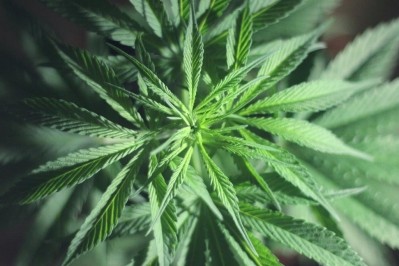Supplement spotlight: Argentina to surge faster than Brazil and Mexico with 7% CAGR until 2023

Dietary supplements in Latin America will see a 6.2% year-on-year retail value growth this year, driven by a series of factors, including growing populations, a rising middle class and healthier habits, according to Euromonitor International. And Argentina, whilst not the regioni's largest dietary supplements market, will witness comparably higher year-on-year growth at 18.8%; also higher than the 5.9% expected for Brazil and Mexico.
Argentina sales 'increased notably'
In 2018, Argentina's dietary supplements category witnessed an even larger surge with a 29% year-on-year retail value growth, totting up total sales of ARS1.1bn (US$27.4m), Euromonitor International data showed. And over the next five years, the market research provider forecasts a CAGR of 7%, driving sales up to ARS1.6 billion (US$39.9m) by 2023.
An analyst at Euromonitor International said: “Dietary supplements sales increased notably in 2018, driven by herbal and traditional products such as ginkgo biloba, chia, spirulina, fish oil, and green coffee tablets as a result of healthier habits and rising awareness of natural ingredients.”
Herbal and traditional dietary supplements represented the majority of 2018 retail sales, the analyst said, with aloe leading the charge through a 32% rise in sales.
In its recently-published Argentina country report, Euromonitor International said growth in herbal and traditional supplements would also be fueled by the recent acquisition of Laboratorio Garden House - considered one of the country's leaders in dietary supplements. Snapped up by global pharmaceutical player Mega Pharma in April, last year, it was heavily positioned towards low-middle income consumers with a preference for natural products.
A consumer shift away from over-the-counter treatment remedies towards “longer-term prevention of disease via dietary supplements” would also play a role in driving overall supplements growth, coupled with an increasing tendency towards diet control as weight and obesity problems continued, the research provider said.
Whilst international companies dominated the Argentinian supplements market, Euromonitor International suggested the “rampant inflation and devaluation of the local currency” at the beginning of 2018 would favor local brand growth in the coming years. Import barriers also reduced international product availability and narrowed portfolios.
Specifically, direct sellers were set to gain ground in the coming years, the research provider said, because it was a strategy that could“pay dividends in the current high inflation environment”.
What about Mexico and Brazil?
Direct selling would also remain the biggest distribution channel for dietary supplements in Mexico, currently representing one-third of all value sales. Over the next five years, Euromonitor International said Mexico's dietary supplement sector was forecast to grow at a CAGR of 2%, hitting retail sales of MXN 12.1bn (US$636.5m) by 2023 with combination supplements doing particularly well.
In its recent Mexico country report, it wrote: “Combination dietary supplements are perceived to offer greater nutrition value than supplements with a single ingredient. Over the review period, this trend motivated brands to reformulate some of their supplements by adding additional ingredients to offer products that combine herbal and non-herbal nutrients.”
Combination supplements would also do well in the Brazilian market as manufacturers invested in reformulations to combine simple substances to offer additional functionality like vitamin C plus zinc, Euromonitor International said in its Brazil country report.
Dietary supplements in Brazil would grow at a 3% CAGR over the next five years, reaching sales of BRL 3.9 billion (US$1bn) by 2023.









